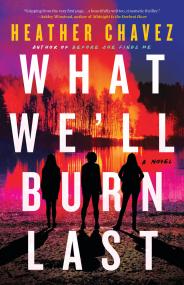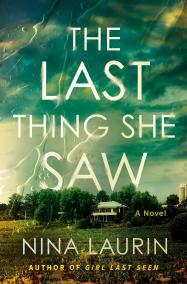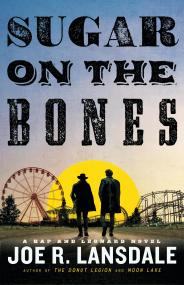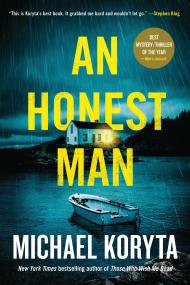Pretty As a Picture
A Novel
Formats and Prices
Format
Format:
Trade PaperbackThis item is a preorder. Your payment method will be charged immediately, and the product is expected to ship on or around December 29, 2020. This date is subject to change due to shipping delays beyond our control.
Also available from:
“Funny, fast-paced, and a pleasure to read.” –The Wall Street Journal
An egomaniacal movie director, an isolated island, and a decades-old murder–the addictive new novel from the bestselling author of Dear Daughter
Marissa Dahl, an up-and-coming film editor with a flair for faux pas, travels to a small island off the coast of Delaware to work with the legendary–and legendarily demanding–director Tony Rees on a feature film with a familiar logline.
Some girl dies.
It’s not much to go on, but the specifics don’t concern Marissa. Whatever the script is, her job is the same. She’ll spend her days in the editing room, doing what she does best: turning pictures into stories.
But she soon discovers that on this set, nothing is as it’s supposed to be–or as it seems. There are rumors of accidents and indiscretions, of burgeoning scandals and perilous schemes. Half the crew has been fired. The other half wants to quit. Even the actors have figured out something is wrong. And no one seems to know what happened to the editor she was hired to replace.
Then she meets the intrepid and incorrigible teenage girls who are determined to solve the real-life murder that is the movie’s central subject, and before long, Marissa is drawn into the investigation herself.
The only problem is, the killer may still be on the loose. And he might not be finished.
A wickedly funny exploration of our cultural addiction to tales of murder and mayhem and a thrilling, behind-the-scenes whodunit, Pretty as a Picture is a captivating page-turner from one of the most distinctive voices in crime fiction.
- On Sale
- Dec 29, 2020
- Page Count
- 352 pages
- Publisher
- Penguin Books
- ISBN-13
- 9780143110552
By clicking 'Sign Up,' I acknowledge that I have read and agree to Hachette Book Group’s Privacy Policy and Terms of Use




